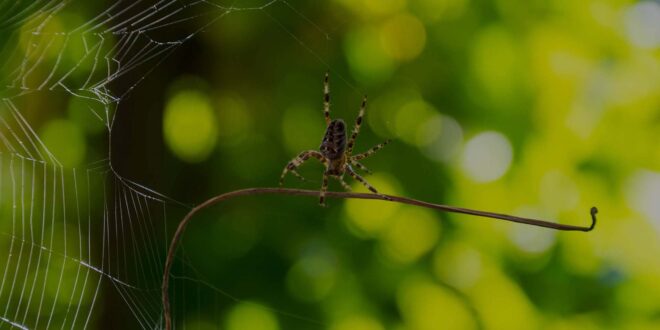Traveling to Sydney in Australia is an exciting adventure filled with beautiful landscapes, vibrant cultures, and unique wildlife. As one of the most popular travel destinations in the world, it’s no surprise that millions of tourists flock to Sydney each year.
However, with such a diverse ecosystem and climate, it’s no surprise that Sydney is home to an array of pesky pests. As a traveler, it is vital to be aware and take all the necessary precautions to ensure a safe and pleasant trip.
In this article, we’ll explore some of the more common and dangerous pests you may come across in Sydney, tips for avoiding them and what to do if you come face to face with one.
By following these guidelines, you will enjoy pest free stay, fully immersing yourself in this incredible destination’s beauty.
Common Pests in Sydney and Which to Be Aware of
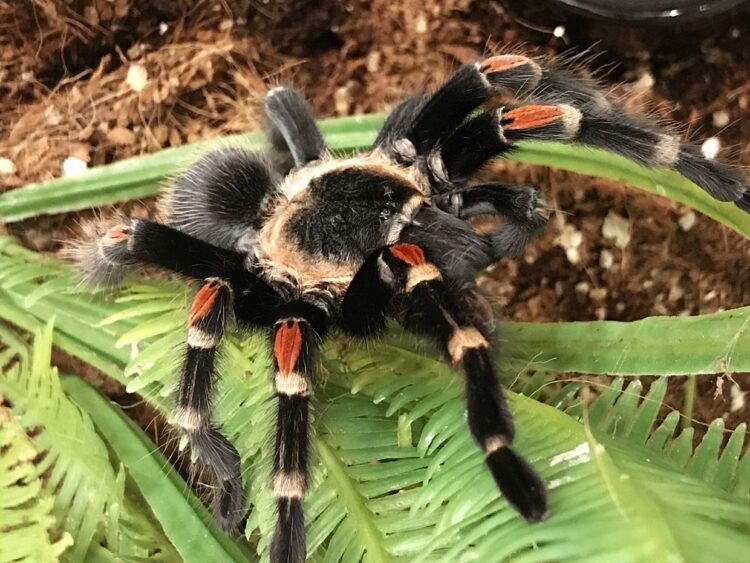
Insects and Arachnids
While traveling to Sydney, you’re likely to encounter a variety of insects and arachnids. Some of the most common pests in this category include ants, mosquitoes, flies, cockroaches, and spiders. Most of these pests are harmless and more of a nuisance than a threat.
However, some, such as the Sydney funnel-web spider and the redback spider, are highly venomous and can pose a danger to humans.
Rodents
Sydney is home to several rodent species, including rats and mice. While these rodents tend to be more prevalent in urban areas, it’s still important to be aware of their presence and take precautions to avoid contact. Travelers to Sydney should be mindful of the potential risks posed by rodents. They can contaminate food and carry diseases that can spread to humans.
Pest Birds
While birdwatching native birds can be an enjoyable part of your Sydney experience, some bird species can become pests when congregating in large numbers. Sydney’s most common pest birds include pigeons, seagulls, and Indian mynas. These birds can be troublesome, from damaging property to creating noise. However, be wary of magpies. Magpies are territorial birds that can become aggressive during breeding, typically from late August to early October. During this time, magpies will swoop at people who enter their territory and cause serious injuries.
Snakes
If you’re planning to travel to Sydney, you should be aware of the potential danger of snakes. Sydney has many venomous snakes, including the Eastern Brown Snake, the Tiger Snake, the Red-bellied Black Snake, and the Death Adder. These snakes are difficult to spot and can be found in bushland, parks, and even home gardens.
It’s essential to be vigilant and know that these snakes can be active during daylight hours but more active in warmer months.
3 Essential Tips for Avoiding Pests When Traveling to Sydney
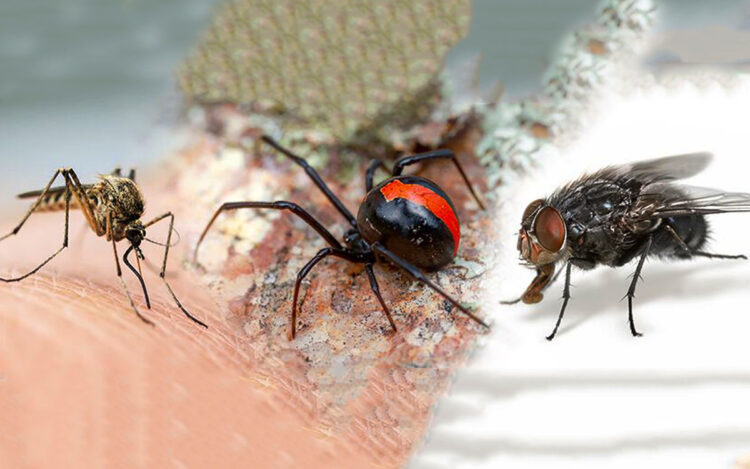
1. Proper Planning
Proper preparation is essential in avoiding pests when planning to visit Sydney. Research the areas you like to see and familiarize yourself with the common pest problems you might come across. It will allow you to be better prepared to take preventative measures and avoid unexpected encounters with pests.
2. Personal Protection
Taking steps to protect yourself from pests is essential. Includes wearing appropriate clothing, such as long pants and sleeves, and using insect repellent to ward off mosquitoes and flies. If you visit areas where venomous spiders may be present, consider investing in additional protective gear, such as closed-toe shoes or gloves.
Also, wear extra precautions when walking or hiking in the bush, particularly in the evening. Wear sturdy boots and long pants to protect your legs and carry a stick to fend off a snake.
3. Avoid Attracting Pests
Another critical factor in avoiding pests in Sydney is to avoid attracting them in the first place. That is being mindful of your food and waste disposal habits and not inadvertently creating hiding places or nesting sites for pests. Keep food sealed and stored correctly, clean up after yourself, and avoid leaving your belongings unchecked for long periods.
Protecting Yourself and Your Belongings
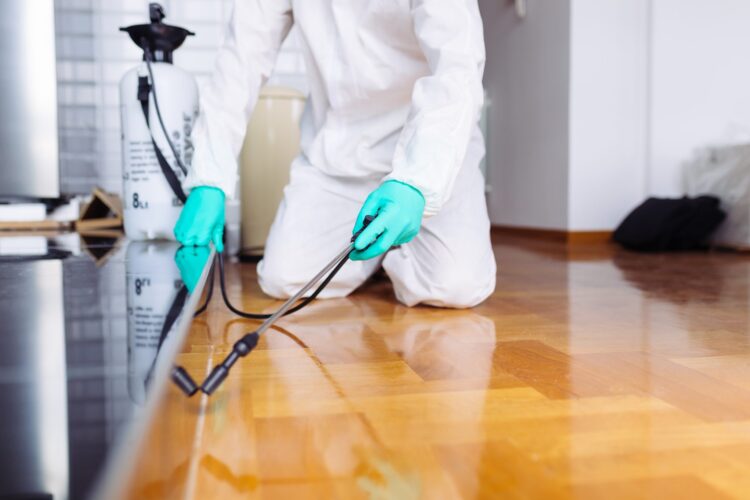
Proper Packing
When packing for your trip to Sydney, it’s essential to consider how you can protect your belongings from pests. Consider investing in luggage with built-in pest protection features, such as bug-proof zippers or mesh lining. Use sealable bags or containers to store food items, and keep your luggage securely closed when not in use.
Check Your Belongings Regularly
While in Sydney, regularly go through your belongings for any signs of pests. Includes checking your luggage, clothing, and any items purchased during your trip. If you notice any signs like droppings, damage, or live specimen, address the issue immediately.
Be Vigilant in Public Spaces
When in public spaces, such as airports, train stations, or tourist attractions, be vigilant about your surroundings and note any potential pest activity. If you notice any pest activity, notify the appropriate authorities or staff members so they can address the problem.
Staying Pest-Free in Sydney Accommodations
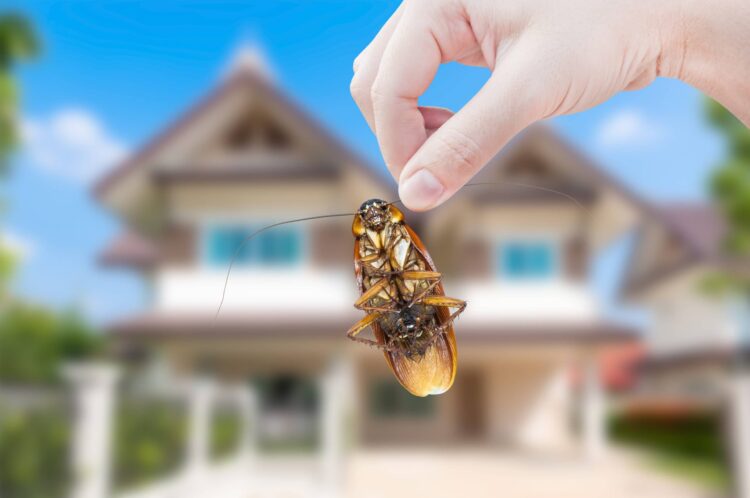
Choosing Accommodations
When booking accommodations in Sydney, research potential options to ensure they have a good reputation for cleanliness and pest control. Read reviews from previous guests to identify any possible concerns, and don’t be afraid to ask questions about the property’s pest management practices.
Inspecting Your Accommodations
Upon arrival at your accommodations, thoroughly inspect the space for any evidence of pests. Check for any signs in the bed, furniture, and bathroom areas. If you notice any evidence of problems, immediately notify the staff, request a different room, or consider finding alternative accommodations.
Maintaining Cleanliness
During your stay, maintain cleanliness in your accommodations to help prevent attracting pests, including regular housekeeping, proper food storage, and promptly addressing spills.
Pest-Proofing Your Outdoor Activities in Sydney
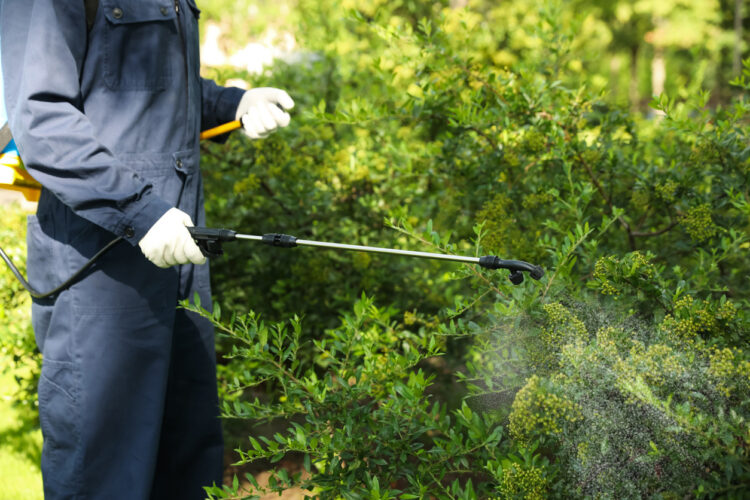
Researching Outdoor Activities
Before participating in any outdoor activities in Sydney, research the area for potential pest concerns. Be aware of the common pests in the region and take necessary precautions to avoid encounters with them.
Protective Clothing and Gear
When engaging in outdoor activities, wear protective clothing, such as long pants and sleeves, to help prevent insect bites or contact with other pests. Use insect repellent and consider additional protective gear, such as hats or gloves.
Staying on Designated Paths
When exploring Sydney’s beautiful outdoor spaces, stick to designated paths and avoid venturing into areas where pests may be more prevalent. It will help minimize risk and ensure you follow local wildlife protection regulations.
What to Do If You Encounter Pests in Sydney
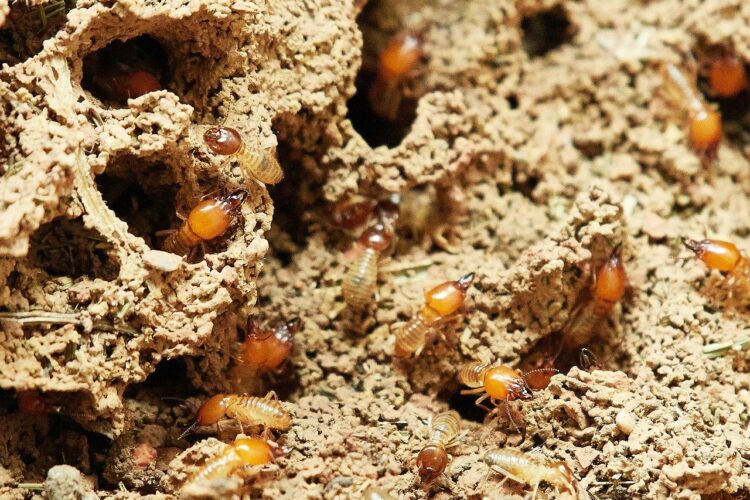
Do not Attempt to Handle
If you come eye to eye with a pest, do not try to handle or remove it yourself. Some of the pests can be dangerous. Take all necessary safety precautions and contact a local exterminator in Sydney. Choose a reputable company with experience controlling your identified pest.
Take Appropriate Action
Take appropriate action to address the issue. Depending on the pest type and situation, notify the relevant authorities, seek medical attention if necessary, or take steps to protect yourself and your belongings.
Document the Encounter
Document the issue with photos or videos if you encounter pests in a public space or your accommodations. It will help report the problem and ensure it’s dealt with properly.
Ensuring a Pest-Free Return Home
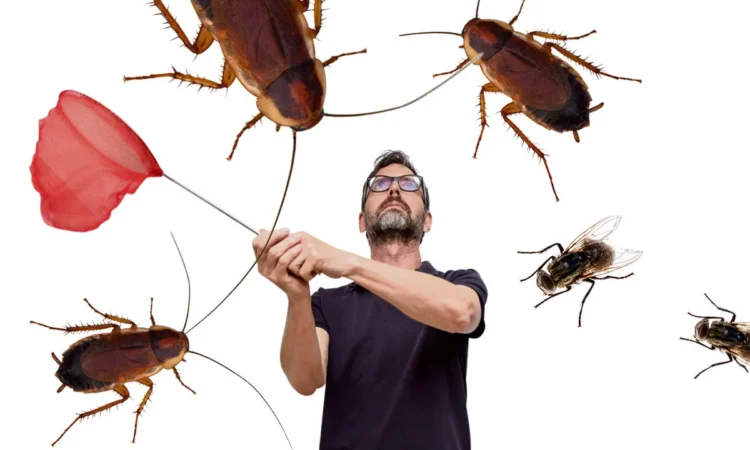
Inspect and Clean Your Belongings
Before returning home from your trip to Sydney, inspect your belongings for any signs of pests and clean them thoroughly. It will help prevent the accidental introduction of pests into your home environment.
Seek Professional Help If Needed
If you suspect you may have brought any pests back home from Sydney, seek professional help to address the issue upon your return. Contact your local pest control expert to inspect your home and carry out the necessary treatment.
Enjoying a Pest-Free Trip to Sydney
Protect yourself and your belongings by taking the necessary precautions when traveling to Sydney. While many pests are harmless, others, like the Sydney funnel-web spider and snakes, can be dangerous and even life-threatening.
Fortunately, you can use several strategies to protect yourself. Plan your trip wisely, be wary of these pests, and take precautions to avoid them. If you encounter any issues, immediately contact the appropriate authorities or staff members and work with them to address any potential issues.
 Hi Boox Popular Magazine 2024
Hi Boox Popular Magazine 2024
